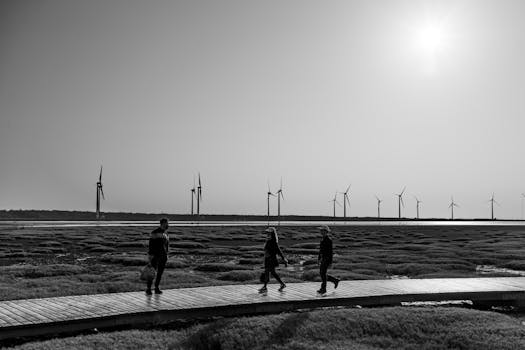
Understanding Climate Change

Climate change refers to significant changes in global temperatures and weather patterns over time. While climate change is a natural phenomenon, scientific evidence shows that human activities, particularly the burning of fossil fuels, have accelerated this process. The primary driver of current climate change is the increase in greenhouse gases in the atmosphere, primarily carbon dioxide (CO2), methane (CH4), and nitrous oxide (N2O).
The Greenhouse Effect

The greenhouse effect is a natural process where certain gases in the Earth’s atmosphere trap heat, keeping the planet warm enough to support life. However, human activities have increased the concentration of these gases, leading to excessive heat retention. This enhanced greenhouse effect is a significant contributor to global warming, resulting in rising temperatures across the globe.
Consequences of Climate Change

The impacts of climate change are profound and far-reaching. They include rising sea levels, increased frequency and intensity of extreme weather events, and disruptions to ecosystems. These changes threaten biodiversity, food security, and water resources, posing risks to human health and livelihoods.
Global Responses to Climate Change

In response to the threats posed by climate change, governments, organizations, and individuals are taking action. International agreements like the Paris Agreement aim to limit global warming to well below 2 degrees Celsius. Efforts are being made to transition to renewable energy sources, improve energy efficiency, and implement sustainable practices across various sectors.
The Future of Our Planet

The choices we make today will shape the future of our planet. Understanding the science behind climate change is crucial in mitigating its impacts. Collective action is essential to address this global challenge, ensuring a sustainable future for generations to come.






